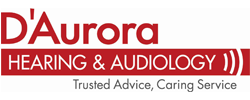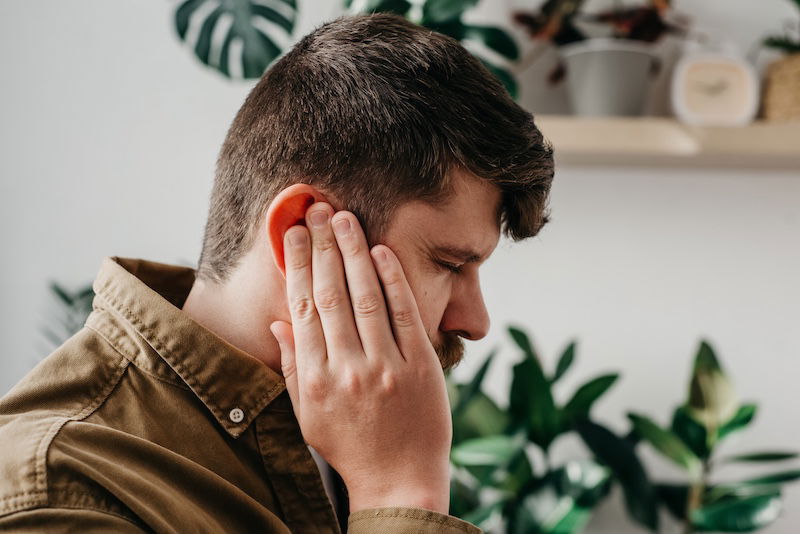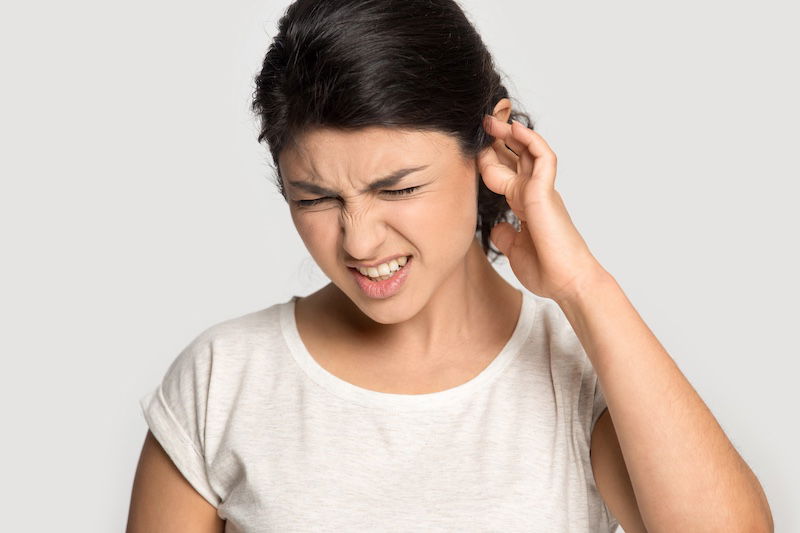Our hearing is a precious sense. It connects us to the world around us – the laughter of loved ones, the melody of our favorite songs, the important information shared in conversations. Just like we schedule regular check-ups for our eyes and teeth, it’s crucial to prioritize the health of our ears. But how often should you actually get your hearing tested? Let’s break it down.
The Baseline: Your First Hearing Test
For most adults, establishing a baseline hearing test is a great first step. This initial assessment, conducted by a hearing specialist, provides a snapshot of your current hearing abilities. It acts as a benchmark against which future tests can be compared, helping to identify any changes over time. Think of it like getting your car’s initial mileage reading – it’s essential for tracking its journey.
Age Matters: Different Needs at Different Stages
As we journey through life, our hearing needs evolve. Here’s a general guideline based on age:
- Children:
Regular hearing screenings are often part of routine pediatric care, especially during infancy and early childhood. These screenings help identify potential hearing issues early, which is crucial for language development and learning. If any concerns arise, a comprehensive audiological evaluation is recommended. - Adults Under 50:
If you have no noticeable hearing problems and aren’t exposed to significant noise regularly (like working in a loud factory), you might consider a hearing test every few years, perhaps around the ages of 30 and 40, to establish that baseline. - Adults 50 and Over:
Age-related hearing loss, also known as presbycusis, is a common occurrence. It often develops gradually, and you might not notice it at first. Therefore, it’s generally recommended that adults over the age of 50 have their hearing tested every three years, even if they don’t perceive any difficulties. - Adults 60 and Over:
As the risk of age-related hearing loss increases, annual hearing tests are often advised to monitor for any changes and ensure timely intervention if needed.
Beyond Age: Risk Factors to Consider
While age is a significant factor, certain circumstances can increase your risk of hearing loss and warrant more frequent testing. These include:
- Regular Exposure to Loud Noise:
Whether it’s occupational (construction, music industry), recreational (concerts, shooting sports), or even consistent use of loud personal listening devices, noise exposure can damage your hearing over time. If you’re regularly exposed to significant noise, consider annual hearing tests and always use appropriate hearing protection. - Family History of Hearing Loss:
Genetics can play a role in your susceptibility to hearing loss. If you have a close family member with hearing impairment, you might be at a higher risk and should discuss a suitable testing schedule with an audiologist. - Certain Medical Conditions:
Conditions like diabetes, heart disease, and high blood pressure have been linked to an increased risk of hearing loss. Certain medications can also be ototoxic (damaging to the inner ear). If you have any of these conditions or are taking potentially ototoxic medications, your doctor may recommend more frequent hearing evaluations. - Noticeable Changes in Hearing:
This is perhaps the most crucial indicator. If you experience any sudden or gradual changes in your hearing, such as difficulty understanding conversations, ringing in your ears (tinnitus), muffled sounds, or the need to turn up the volume on the TV or radio, don’t wait for a routine check-up. Schedule a hearing test as soon as possible. - Recommendations from Family and Friends:
Have your loved ones told you that they think you might have hearing loss? Our close friends and family are often the first ones to notice when we begin experiencing the signs of hearing loss. Maybe you’re asking them to repeat themselves more often, or you’re missing significant pieces of conversations. If a loved one tells you that your hearing might have changed, listen to them.
Listen to Your Body (and Your Hearing Professional!)
Ultimately, the ideal frequency of your hearing tests will depend on your individual circumstances, age, risk factors, and any changes you notice. These guidelines provide a helpful starting point, but the best advice will always come from a qualified hearing specialist. They can assess your specific needs and recommend a personalized testing schedule to ensure you maintain healthy hearing for years to come.
Taking proactive steps to monitor your hearing is an investment in your overall well-being and your ability to connect with the world around you. So, make hearing health a priority and schedule that check-up – your ears will thank you for it! For more information and to schedule your hearing test today, we invite you to contact our practice.




